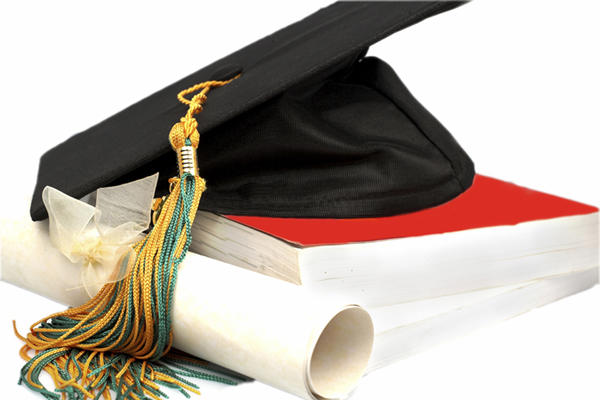Servicemen and women are often nervous that going back to school after a few years away from writing essays and facing algebraic equations might make for an awkward transition. They fear that being older than many of their peers will be another stigma, and that their experiences simply will not translate back to school.
Instead, they should consider how being older, more experienced and more mature than many others in their college of choice might provide a distinct advantage. Not to mention all the other benefits of military life that translate perfectly to achievement in classes—traits that are key when it comes to moving forward on a beneficial career path.
- Get some... assistance, that is.
One thing those with military experience have going for them is a number of specific resources available both financially and academically to prepare them for the next stage in their lives. Thanks to the Post-9/11 G.I. Bill and other similar programs, college is more affordable (often tuition can be completely covered) and that creates a huge advantage over the majority of students who are scraping by to cover those costs.
In fact, a huge number of veterans are taking advantage of these programs. According to data taken from U.S. Department of Veterans Affairs (2010-2011) more than 924,000 veterans used the benefits offered through the Post-9/11 G.I. Bill by 2011.
Therefore, any additional money made during college can instead go to a future career, instead of creating lasting debt. This also means choice internships, which others might not be able to take advantage of, are more viable post-graduation.
In addition, there are academic resources designed specifically to help servicemen and women transition back into school. These include MWR programs and articles that can help you make the best next step.
2. You call this stress?
Military training allows insights into dealing with stress and problem solving, developing the skills needed to approach tests and assignments with precision and forethought. Situations faced in the service require exacting detail or lives can be lost. It’s this discipline that allows those with military training to get ahead in college.
3. Lead by example.
Leadership is often seen as the most important attribute to demonstrate on a resume, and military experience provides the tools necessary to continue to amass leadership-based positions. The level of maturity and organizational skill that was an everyday part of the service is not necessarily something that other peers have to offer.
Help classmates be more organized, and lead by example. There is no doubt that those with prior military training tend to think globally, are mission-driven, and work tirelessly to create meaningful community connections. Networking is a huge part of higher education, and demonstrating value as a leader is key. Take on responsibilities both in and out of the classroom that make it possible to flex leadership muscle. Do not be shy about looking for projects and reaching for responsibilities.
A solid understanding of hierarchy is another aspect of military service that holds veterans in good stead. Never be afraid to clarify instructions, meet with professors or communicate clearly with classmates on assignments. Be bold as you ever were. It is these professors that often hold the keys to great careers. Treat them with the respect you would a commanding officer and you will find they respond with kindness when doling out advice and useful career contacts.
In short, there is no reason for trepidation when transferring your military skills to college. Going from saluting a Major to declaring one is simple with the realization of just how useful all you learned in the military can be.
About the Author
Ryan Hickey is the Managing Editor of Peterson’s and EssayEdge and is an expert in many aspects of college, graduate, and professional admissions. A graduate of Yale University, Ryan has worked in various admissions capacities for nearly a decade, including writing test-prep material for the SAT, AP exams, and TOEFL; editing essays and personal statements; and consulting directly with applicants.


